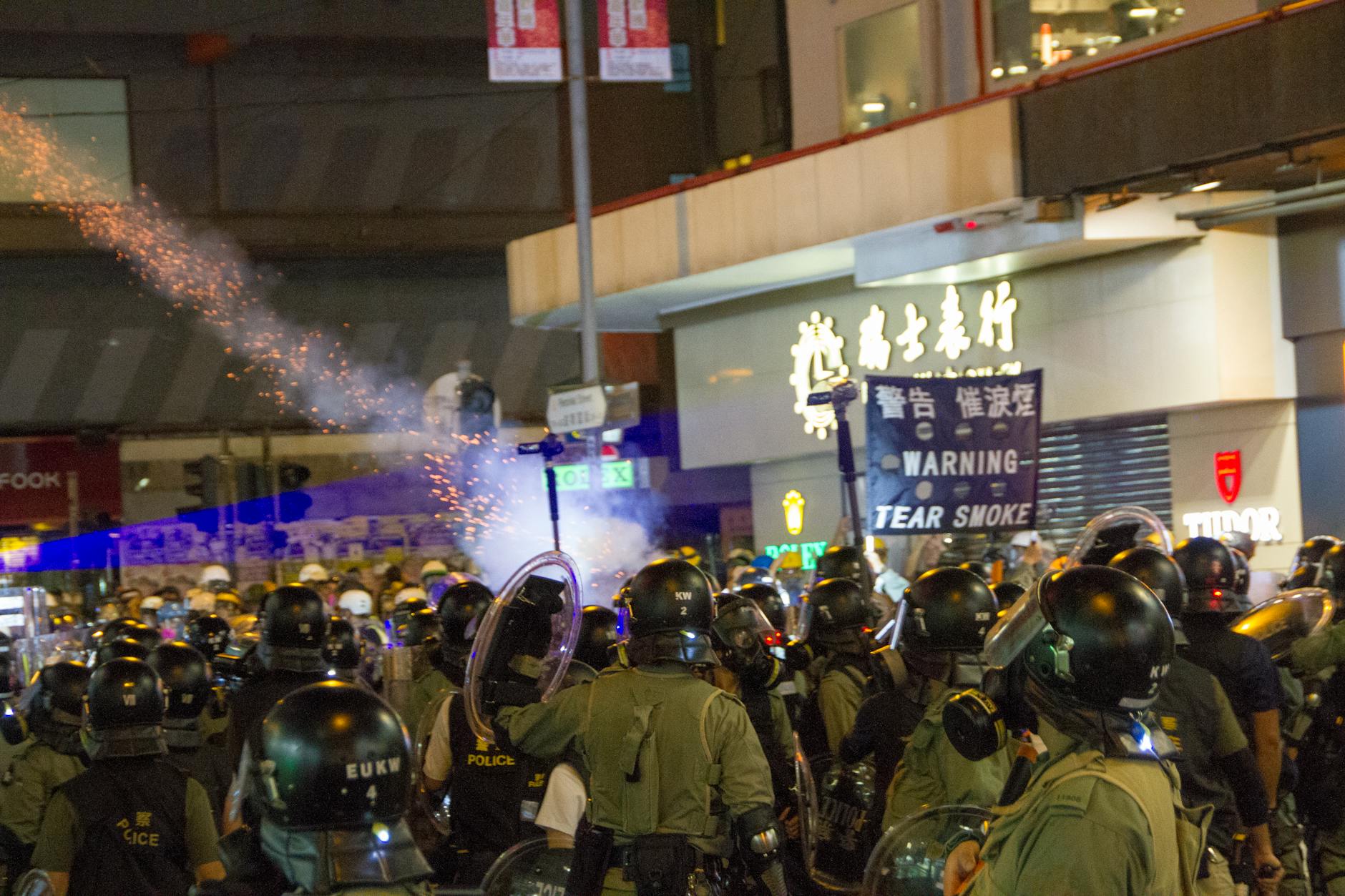Kiren Rijiju’s Straight Talk: Why Parliament Disruptions Might Be Shooting the Opposition in the Foot
You know how it goes—another day, another Parliament session derailed by shouting matches and walkouts. But this time, Union Minister Kiren Rijiju dropped a truth bomb that’s got everyone talking. “Disruptions hurt you more than the government,” he told opposition MPs point-blank. And honestly? He might have a point. Let’s break down why all that noise in the House could actually be silencing the opposition’s own voice.
1. Rijiju’s Warning—What’s Really Behind It?
1.1 That Mic-Drop Moment
Picture this: It’s another heated debate, tensions are high, and suddenly Rijiju cuts through the chaos with his now-viral line. “Disruptions hurt you more than the government.” No fancy jargon, just a blunt reality check. The thing is, he’s not wrong—every time proceedings grind to a halt, it’s not just the government’s bills that get stuck. The opposition’s own agenda gets buried under the drama.
1.2 How the Opposition Reacted
Of course, opposition leaders fired back—that’s politics for you. Some called it an attempt to muzzle dissent, others stood by protests as their democratic right. But here’s the kicker: while they’re busy defending the right to disrupt, they’re losing the chance to actually, you know, oppose effectively.
2. Why Constant Disruptions Backfire
2.1 What Voters Really See
Let me put it this way—imagine you’re flipping through news channels. On one screen, MPs are shouting. On another, there’s actual debate happening. Which one makes you think “These folks deserve my vote”? Exactly. A recent survey found 62% of people think nonstop protests make the opposition look bad. That’s a real problem when you’re trying to win elections.
2.2 The Bills Piling Up
Here’s the ironic part—many delayed bills actually address issues the opposition claims to care about. Farmers’ welfare? Stuck. Healthcare reforms? Stuck. It’s like burning down your own house to protest the neighbors.
2.3 Losing the Plot
There’s a pattern here—the more the opposition disrupts, the easier it gets for the government to paint them as the “problem.” Meanwhile, constructive critics get drowned out by the noise. Not exactly a winning strategy.
3. This Isn’t New—But That Doesn’t Make It Right
3.1 History Repeating Itself
Remember the UPA days? Same story—70% of session time wasted in disruptions between 2010-2013. The result? Key reforms got delayed for years. Now the shoe’s on the other foot, but the outcome’s looking familiar.
3.2 How Other Democracies Handle It
Take the UK Parliament—strict speaking times, heavy fines for disruptions. Germany? Most fights get settled in committees long before they reach the floor. Maybe we could steal a page or two from their playbook.
4. The Real Power Game at Play
4.1 Government’s Home Advantage
Here’s the hard truth—the ruling party has the numbers to pass bills eventually. And with friendly media outlets, they can spin disruptions as “chaos” while their work gets done behind the scenes.
4.2 The Opposition’s Tough Spot
I get it—when you’re outnumbered, disruptions feel like your only megaphone. But there’s a fine line between being heard and being seen as the guy who keeps pulling the fire alarm.
5. What the Experts Are Saying
5.1 The Analyst Take
Constitutional expert Dr. Meena Kumar puts it best: “Disruptions are like setting your own car on fire to protest traffic jams—you make a point, but now you’re stranded.” Okay, that’s my paraphrase, but you get the idea.
5.2 What Twitter and Polls Show
#ProductiveParliament trended with thousands backing decorum. An Indian Express poll found 58% want penalties for disruptive MPs. When even social media—the home of hot takes—is calling for calm, maybe it’s time to listen.
6. So What Actually Works?
6.1 Fix the Committee System
Most fights could be settled before they reach the floor if committees had real teeth. Less drama, more actual scrutiny.
6.2 Penalties That Hurt
Fines for disruptions? Dock salaries? Harsh, maybe—but when nothing else works…
6.3 The Alternative Playbook
Imagine this—instead of walkouts, the opposition shows up with killer data, viral explainer videos, town halls. Make the government debate on substance, not just survive the noise.
The Bottom Line
Rijiju’s warning stings because it’s true. Disruptions might feel powerful in the moment, but they’re slowly eroding the opposition’s credibility. At the end of the day, democracy works when both sides show up—not just to protest, but to propose alternatives. The ball’s in their court now.
Source: Times of India – Main










